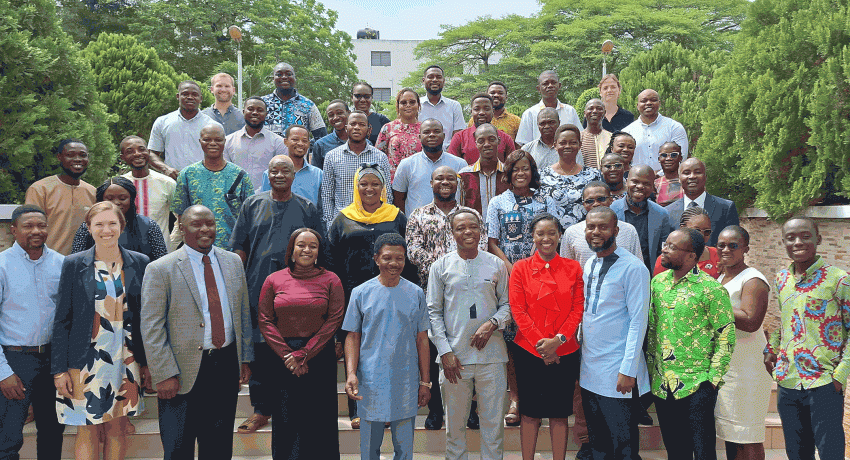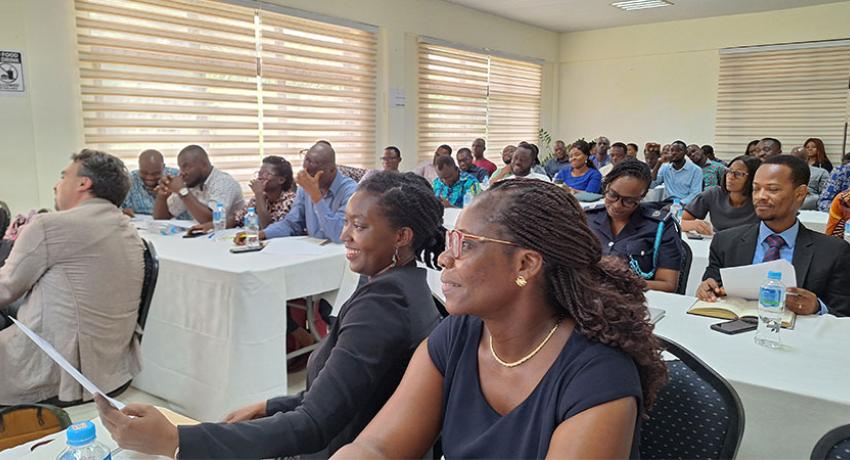Open Government Partnership, Sekondi-Takoradi Project
The Open Government Partnership (OGP) is a global partnership that brings together government reformers and civil society leaders to create action plans that make governments more inclusive, responsive, and accountable. The Sekondi-Takoradi Metropolitan Assembly (STMA) joined OGP in 2016. This project is designed to report on progress by STMA towards meeting its commitments as stated in their Local Action Plan for 2018-2020.



